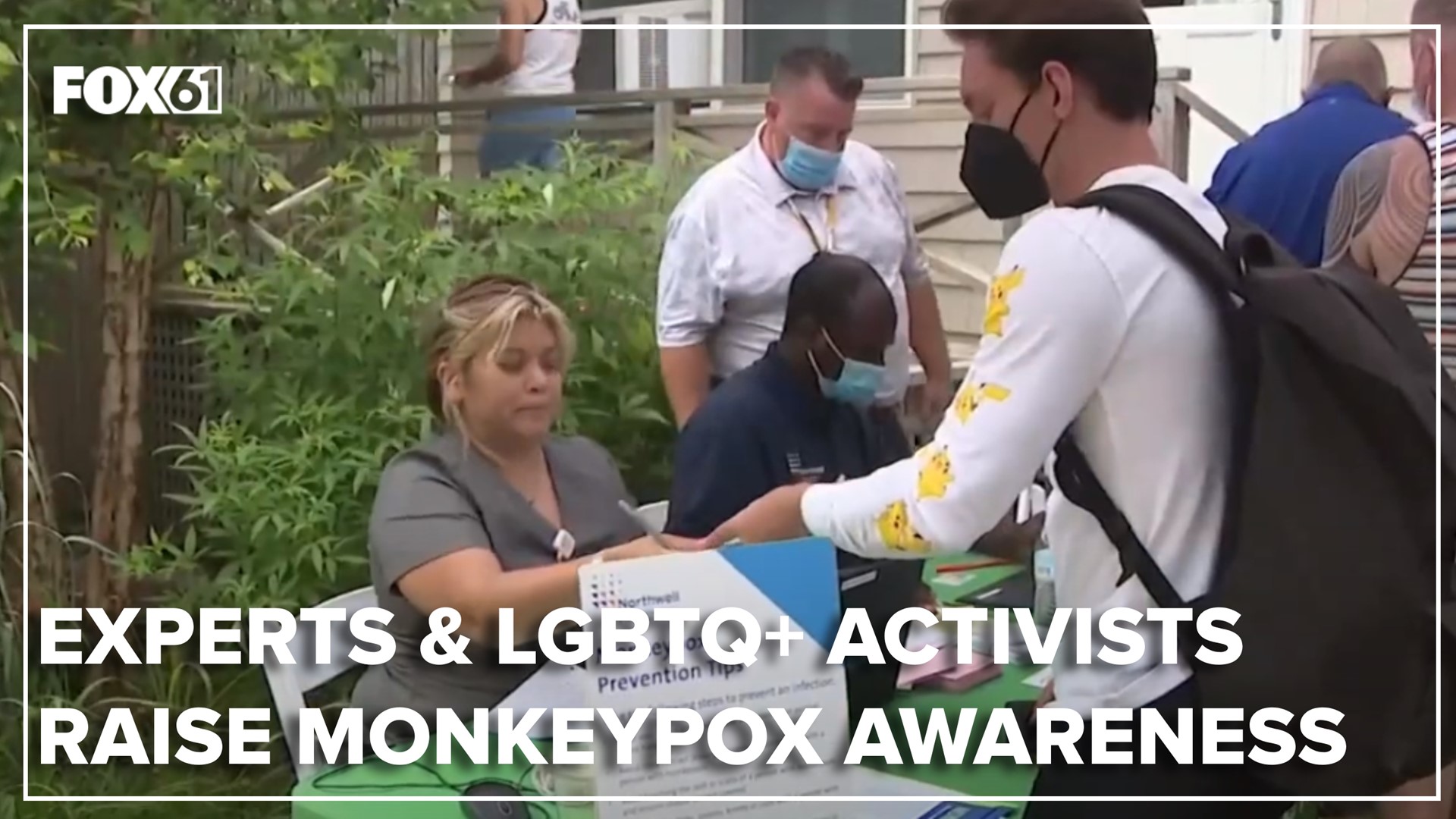NEW YORK — Two children have been diagnosed with monkeypox in the U.S., health officials said Friday.
One is a toddler in California and the other an infant who is not a U.S. resident but was tested while in Washington, D.C., according to the Centers for Disease Control and Prevention.
The children were described as being in good health and receiving treatment. How they caught the disease is being investigated, but officials think it was through household transmission.
Other details weren't immediately disclosed.
Monkeypox is endemic in parts of Africa, but this year more than 15,000 cases have been reported in countries that historically don’t see the disease. In the U.S. and Europe, the vast majority of infections have happened in men who have sex with men, though health officials have stressed that anyone can catch the virus.
In addition to the two pediatric cases, health officials said they were aware of at least eight women among the more than 2,800 U.S. cases reported so far.
While the virus has mostly been spreading among men who have sex with men, “I don’t think its surprising that we are occasionally going to see cases” outside that social network, the CDC's Jennifer McQuiston told reporters Friday.
Officials have said the virus can spread through close personal contact, and via towels and bedding. That means it can happen in homes, likely through prolonged or intensive contact, said Dr. James Lawler, an infectious diseases specialist at the University of Nebraska Medical Center.
“People don't crawl on each other's beds unless they are living in the same house or family,” he said.
In Europe, there have been at least six monkeypox cases among kids 17 years old and younger.
This week, doctors in the Netherlands published a report of a boy who was seen at an Amsterdam hospital with about 20 red-brown bumps scattered across his body. It was monkeypox, and doctors said they could not determine how he got it.
In Africa, monkeypox infections in children have been more common, and doctors have noted higher proportions of severe cases and deaths in young children.
One reason may be that many older adults were vaccinated against smallpox as kids, likely giving them some protection against the related monkeypox virus, Lawler said. Smallpox vaccinations were discontinued when the disease was eradicated about 40 years ago.

